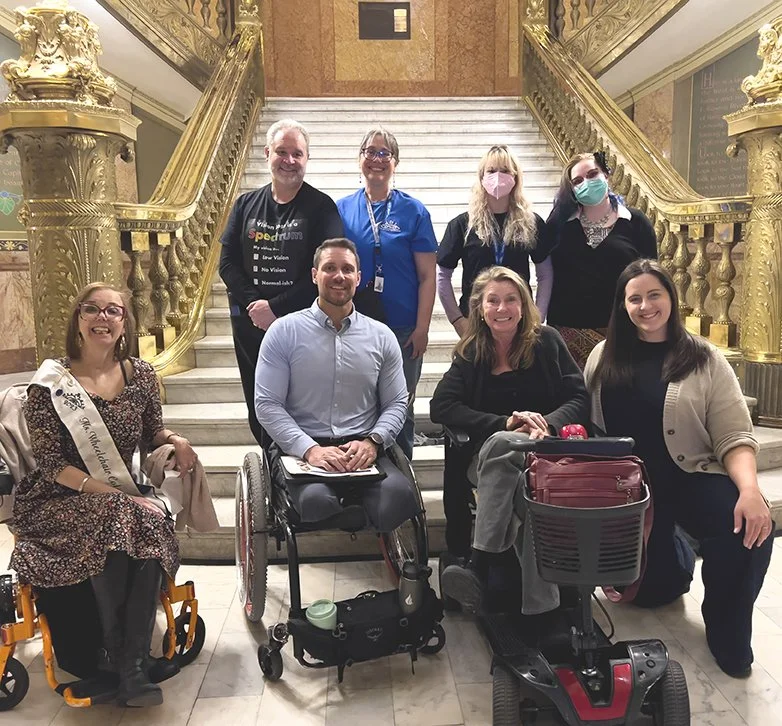
Your Voice at the Capitol: Join Disability Rights Advocacy Day (DRAD) 2026
Disability rights are civil rights — and they require ongoing advocacy to remain strong. This February, advocates across Colorado are gathering to honor the movement’s history and bring their voices directly to lawmakers through Disability Rights Advocacy Day (DRAD). This annual event turns awareness into action, ensuring that policies affecting housing, healthcare, and community living are shaped by real lived experience.
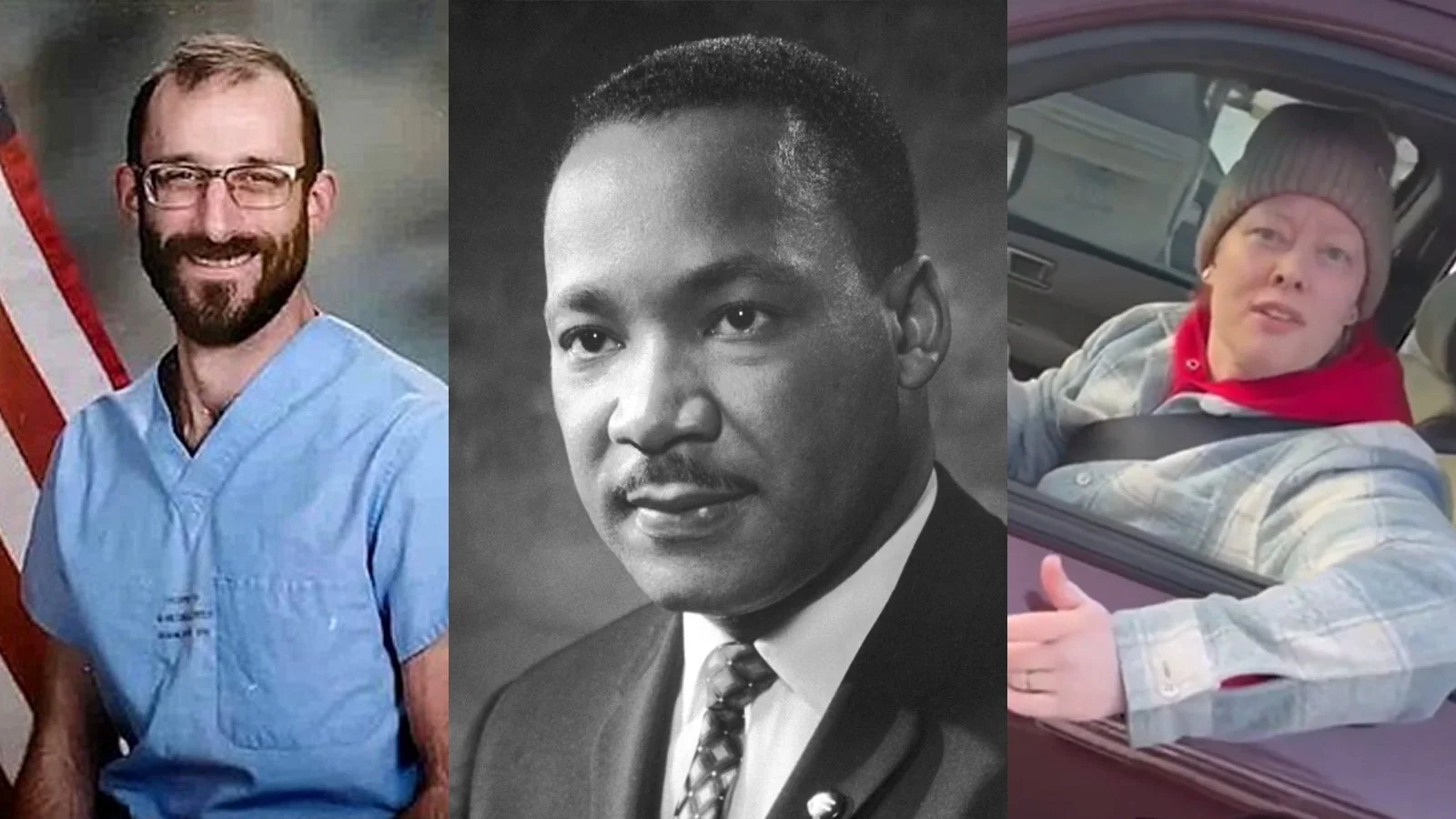
From Grief to Action: The Beloved Community as Our Roadmap
As February is Black History Month, it is an opportune time to reflect on the tensions of today with the vision of one of history’s greatest Civil Right’s leaders, Martin Luther King Jr. Dr. King held a vision of the Beloved Community, a society where justice is lived, not merely argued; where conflict is resolved through nonviolence and understanding; and where every person belongs, not as an afterthought but as an essential part of the whole. King believed that “injustice anywhere is a threat to justice everywhere,” and that true justice must encompass every human being.

2026: Continuing the Work That Builds Independent Living
In this article, we want to share what CPWD is working on in 2026, where we are focusing our energy, the partnerships we are building, and the policy and service priorities guiding our work.
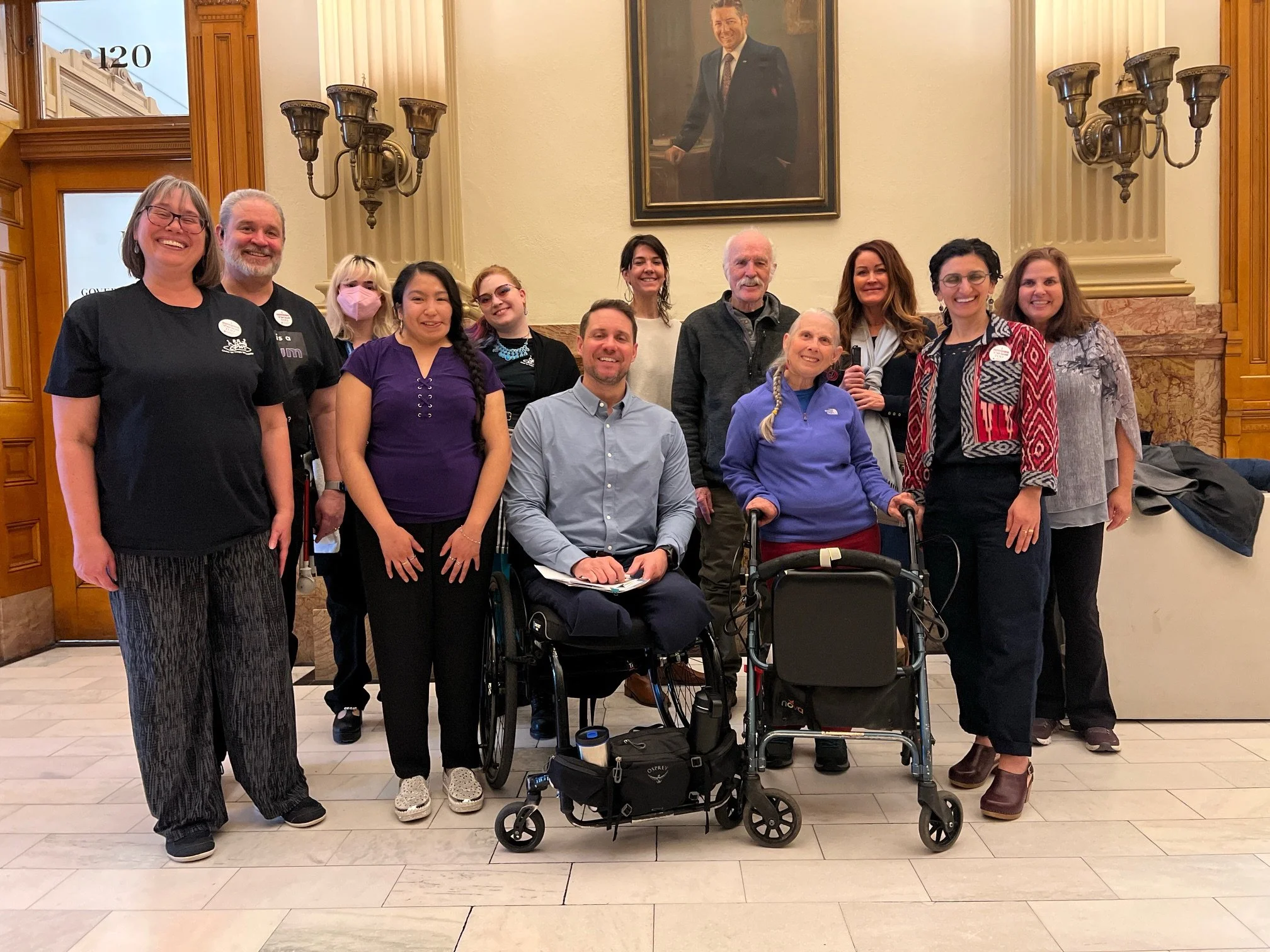
2025: Community, Advocacy, and Hard-Won Progress
In this article, we want to share with you the work CPWD accomplished in 2025, highlighting outcomes from important conversations and connections, and our community efforts in the areas ofadvocacy, education, and partnerships. We are proud of what we have achieved and look forward to continuing this important, collaborative work in 2026.
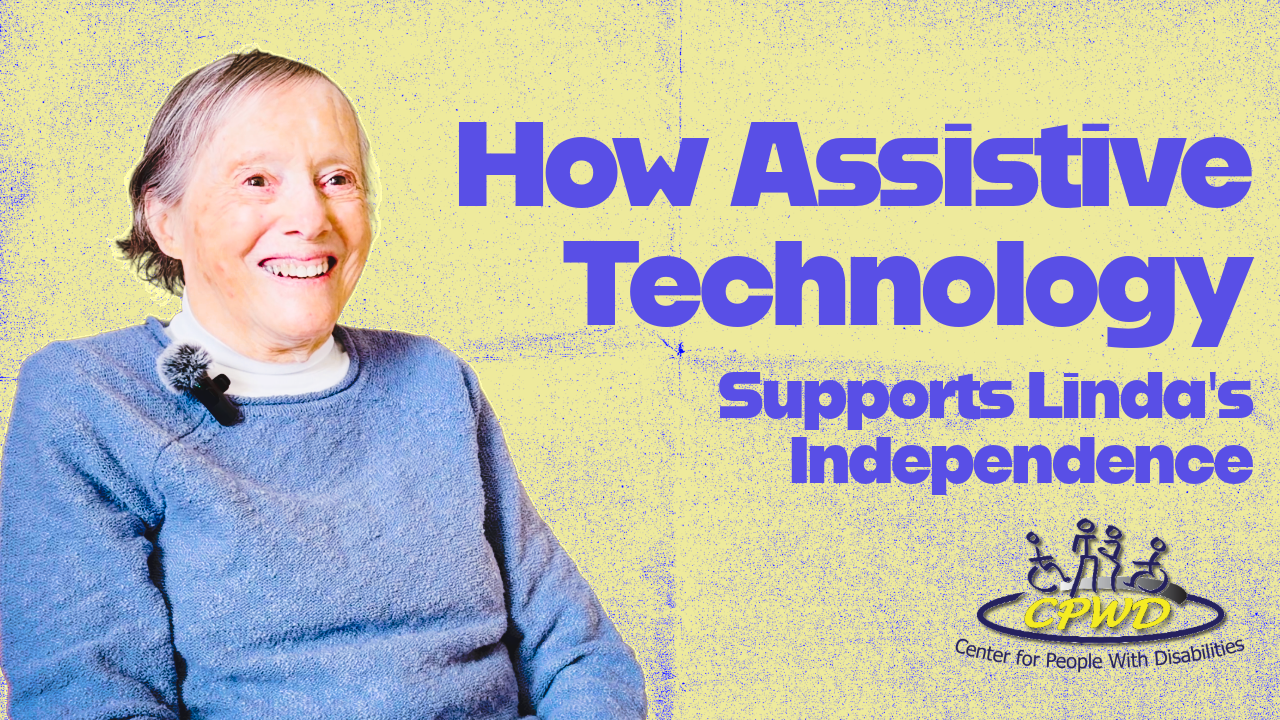
How Assistive Technology Supports Linda’s Independence
Linda lives with macular degeneration, and like many people navigating vision loss, she faced the question of how to continue living fully, safely, and independently in a world that isn’t always designed with accessibility in mind. In this video, Linda shares how assistive technology has become part of her everyday life — supporting everything from crossing streets and getting around town to reading, learning, and staying connected.
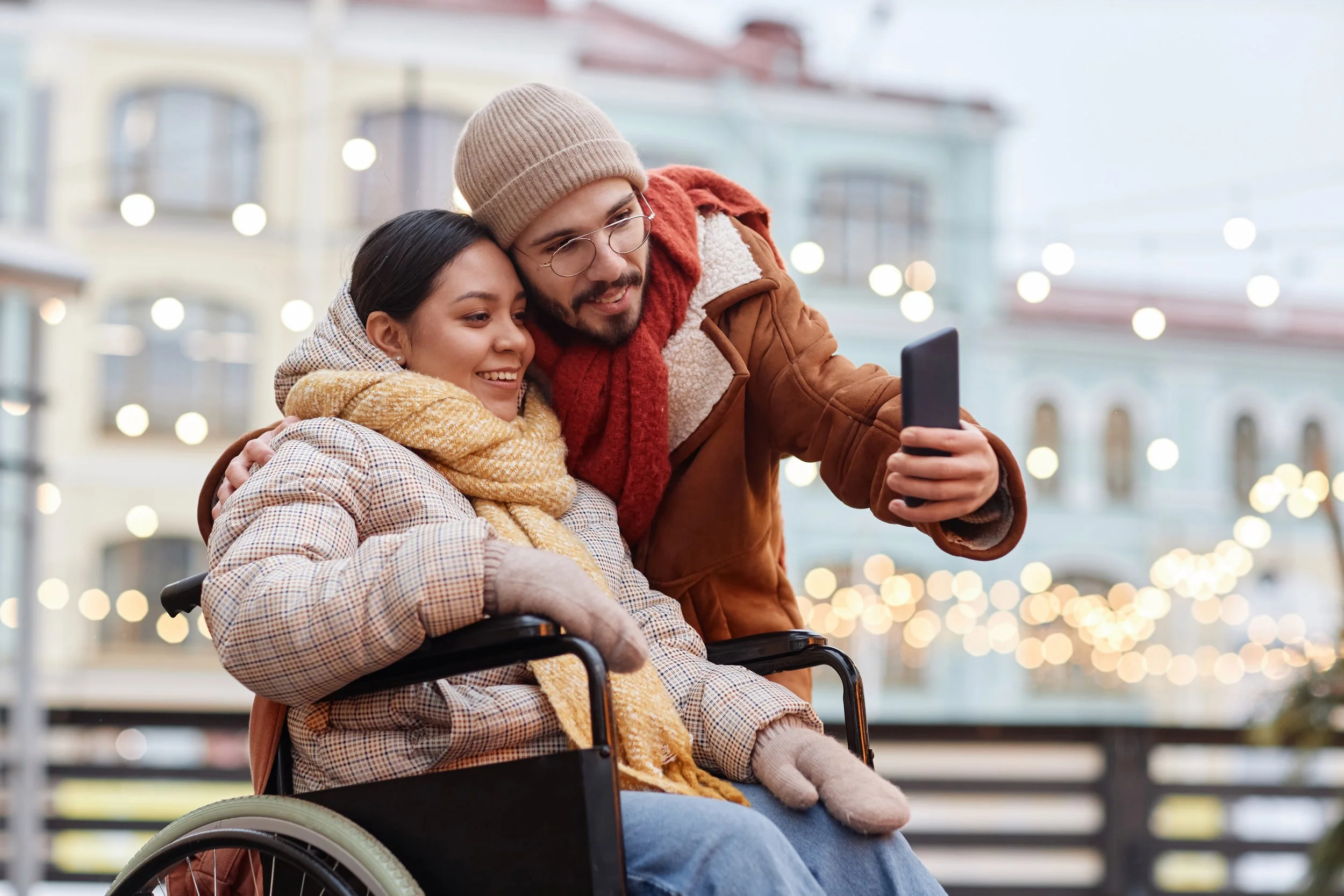
Celebrate the Season: Resources for a Joyful and Grounded Holiday in 2025
As the holiday season approaches, we know this time of year can hold both joy and challenge. In our latest blog article, CPWD shares resources, stories, and community support to help make the season more grounded and inclusive for people with disabilities, their families, and caregivers. From positive progress in disability access to thoughtful gift ideas and mental health resources, this piece is a reminder that you’re not alone this holiday season.
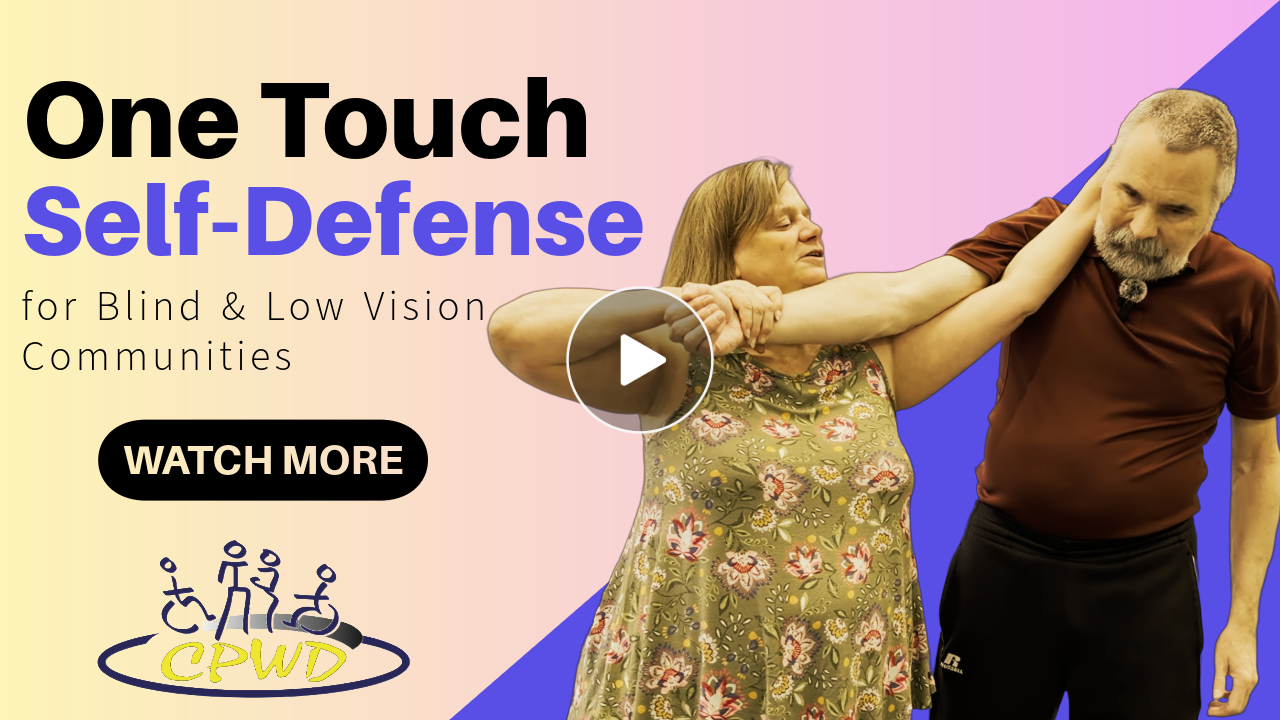
One Touch Self-Defense: Accessible Safety Skills in Our Community
CPWD was proud to partner with Thornton Parks and Recreation and the DeafBlind Action Team to offer One Touch Self-Defense classes designed specifically for blind, low vision, and DeafBlind community members.

Service Dogs: Our Partners Through Life
Service dogs play a powerful role in supporting people with disabilities, providing safety, independence, and daily assistance through highly specialized training. In the video below, we explore the different types of service dogs, with a special emphasis on guide dogs for people who are blind or visually impaired.
If you’re curious about how service animals work, what their training looks like, or how they support disability inclusion, this video is a great place to start.
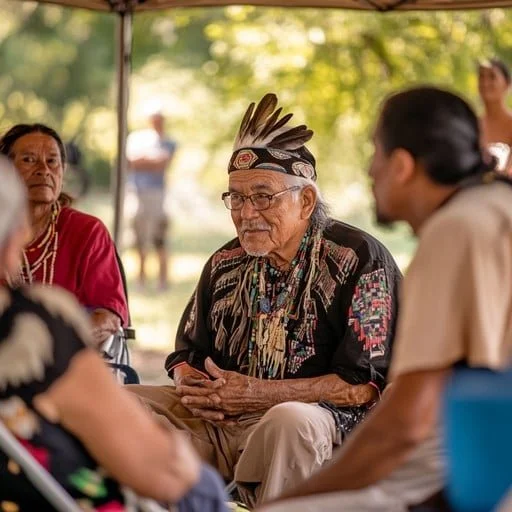
Resilience, Culture & Community: Honoring Indigenous Experiences of Disability During Native American Heritage Month
Every November, as Native American Heritage Month arrives, there is a collective invitation to pause and honor the First Nations People of this land. These are the people whose cultures, languages, and stories shape the continent far beyond what history books have recorded. It is a time of celebration, but also a time of recognition and responsibility: to learn, to listen, and to understand the realities Indigenous communities continue to navigate today.
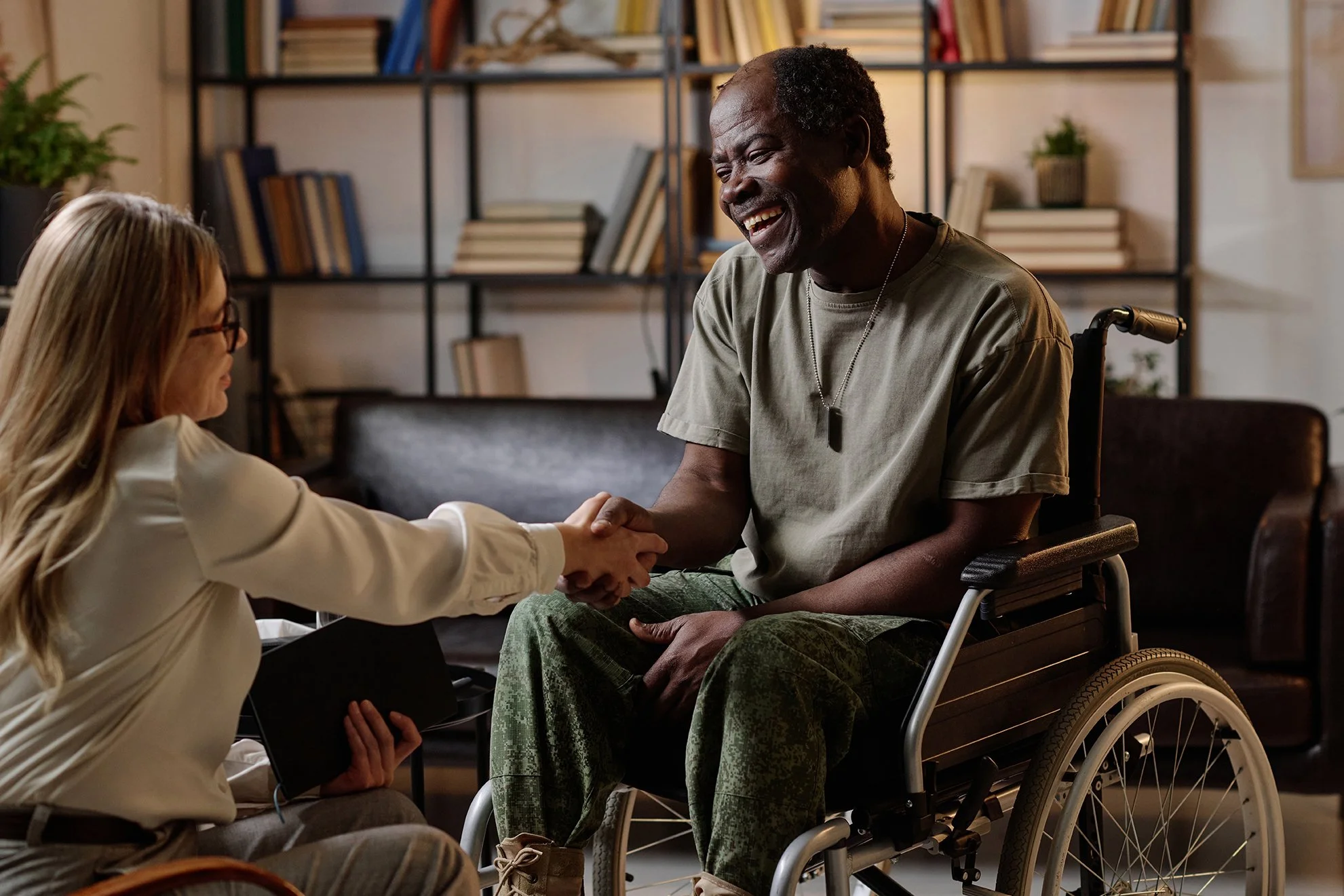
Veteran Directed Care: Helping Veterans with Disabilities Live Independently, at Home!
For many Veterans, Independence often means the ability to continue living wherever and however we wish, even when faced with life’s inevitable burdens of aging or disability. These issues often bring on difficult conversations about assisted living, nursing homes, finances, and worries about loss of independence.
The good news is there’s a great program that empowers Veterans who need long-term service and support to live independently at home.
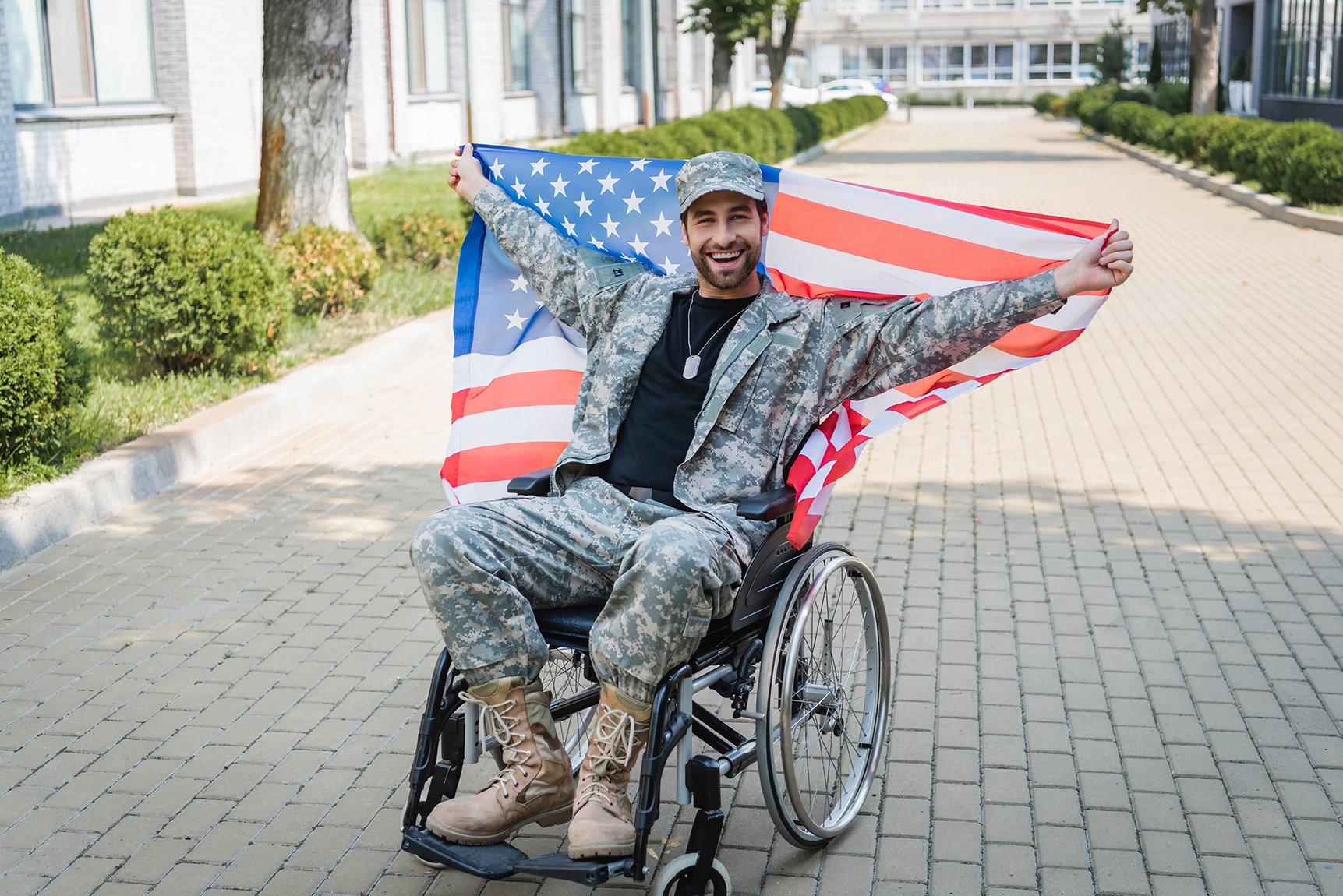
Beyond the Salute: How Independent Living Services Help Veterans with Disabilities Thrive
Veterans Day is more than a holiday; it marks a long-standing commitment by federal programs to support the well-being and independence of Veterans with disabilities. Through a variety of Veterans Administration (VA) programs, Veterans can access important services for medical and psychological treatment, as well as services that support independent living.

Opening Her World: Kim's Story
When Kim lost her vision, life felt overwhelming and isolating. She didn’t know how to use a white cane or how to move through the world with confidence.
Then she found CPWD’s Beyond Vision program. Through training, community, and peer support, Kim discovered new tools — and new friends — that helped her regain her independence and joy.
Watch Kim’s story and see how the power of community and skill-building can open doors to new possibilities.

Protecting Our Rights: Why Advocacy Is Never Finished
Each generation of the disability rights movement has worked hard, through advocacy and other efforts, to ensure basic rights for people with disabilities in the areas of equality, equity, access, and independence. From Section 504 to the ADA to the community-based living victories of Olmstead v. L.C., progress has always depended on people speaking up, organizing, and bringing their voices to decision-makers.
We’ll look at some examples of current areas that may be threatened, and some historical examples of how we’ve worked through times like this to preserve fundamental independent living resources and rights.

Seeing Beyond Limits: Marcy’s Journey To Joy
When Marcy began to lose her vision, fear turned to hope as she discovered new skills, confidence, and community through CPWD — watch her story of transformation.

Building Inclusive Futures: National Disability Employment Awareness Month
Each October, the nation recognizes National Disability Employment Awareness Month (NDEAM) as a time to honor the contributions of people with disabilities to the American workforce and reflect on the work still needed to build truly inclusive workplaces. Established by Congress in 1945 as “National Employ the Physically Handicapped Week,” this observance was created to educate the public about the employment needs and contributions of people with physical disabilities following World War II. Over time, the scope expanded to include all disabilities, and in 1988, Congress officially designated October as National Disability Employment Awareness Month (NDEAM).

The Many Ways We Speak: From ASL to Advanced Technology; the Evolution of Accessibility.
On August 11, 2025, CPWD’s Beyond Vision program consumers visited the Denver Art Museum for a unique, inclusive experience: an Audio Described and Tactile Tour that brought exhibits to life through touch, narration, and shared storytelling. What’s special about this is that the participants were blind. By providing the opportunity for alternative sensory input and experience, they were able to explore and perceive the artwork and facility.

The Power of Possibility: CPWD’s Core Services and the Independent Living Legacy
Everyone deserves the opportunity to live with independence, purpose, and joy, no exceptions. CPWD’s work is guided by this belief every day, and it's brought to life through what are known as the Core Services of Centers for Independent Living (CILs).
These Core Services are pathways to self-determination, community connection, and long-term independence for people with disabilities. They are also part of a powerful legacy: the national Independent Living movement, which has championed freedom, equality, and dignity for over 50 years.
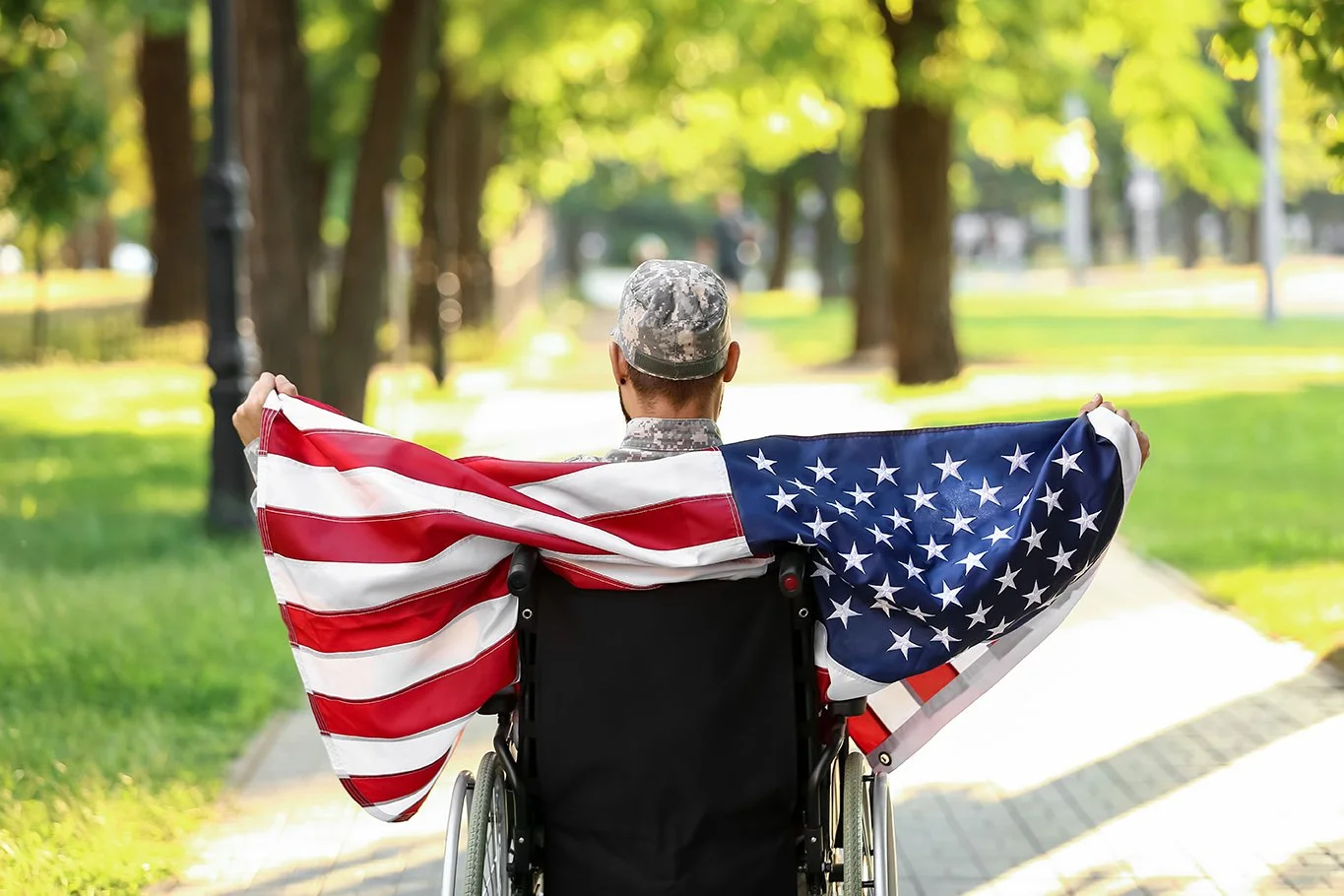
Empowering Independence: How CPWD is Supporting Coloradans Through SSI/SSDI Benefits and Beyond
For many people, applying for Supplemental Security Income (SSI), Social Security Disability Insurance (SSDI), and other benefits can be challenging. Navigating all the paperwork and requirements with accuracy is often more accessible and successful with the support of an expert.CPWD recognizes this, providing technical support to individuals working on benefits applications. Ultimately, benefits go beyond paperwork; they’re important steps in the path to independence, stability, and self-determination.
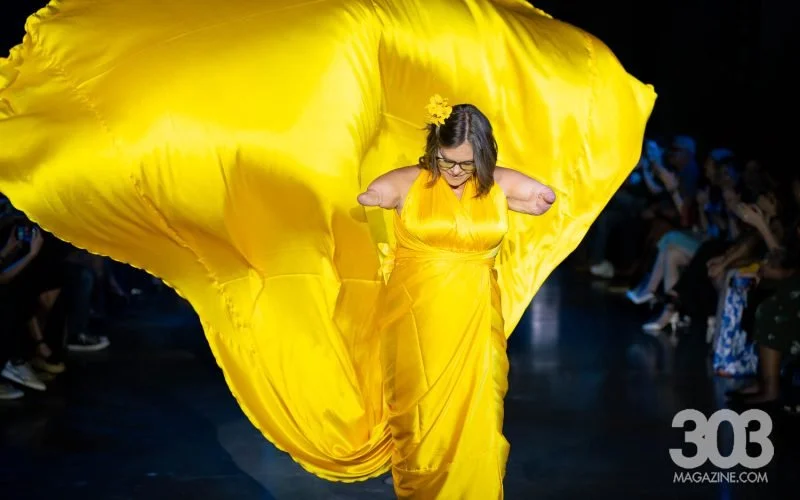
Good News for Disability Rights in 2025: From Policy to the Runway
This year has brought powerful momentum across the disability community through legislation, policy changes, inclusive design, and grassroots leadership. From the Supreme Court to the fashion runway, people with disabilities are not only gaining greater access and protection, but also claiming space in new, joyful, and deeply visible ways.
Here’s a detailed look at the most significant good news stories from 2025—nationally and here in Colorado—that are shaping a more inclusive future.
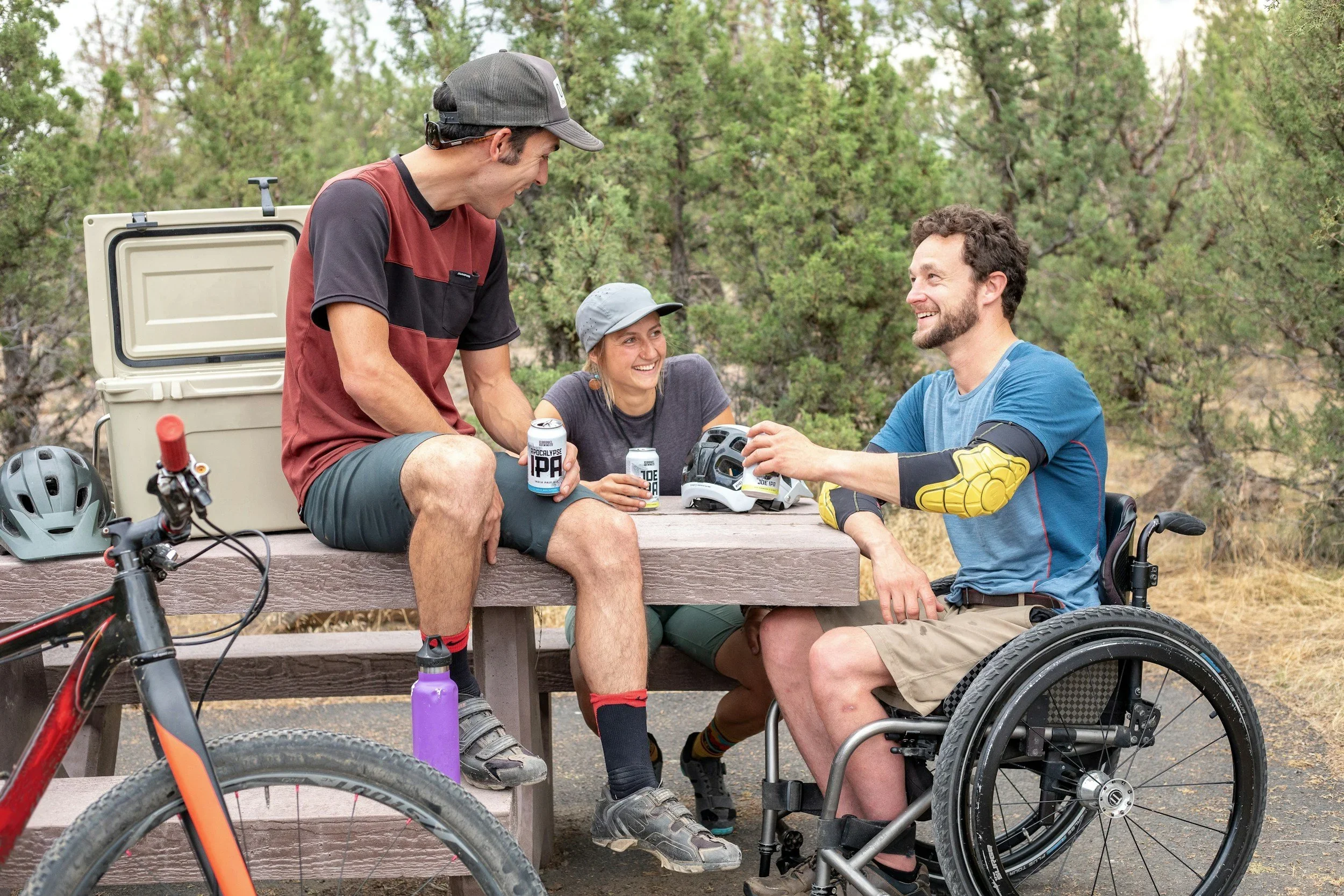
End-of-Summer Adventures: Accessible Trails, Parks, and Recreation Across Colorado
As summer begins to wind down, many of us feel the pull to get outside one last time before the cooler weather sets in. Colorado offers endless opportunities to enjoy nature, from hiking, fishing, cycling, camping, or simply soaking in the views.
We understand that recreation is a pathway to wellness, independence, and community. That’s why we’re sharing some of the best accessible outdoor opportunities across Colorado for end-of-summer adventures, so you can get in the last few weeks of summer outdoor adventures!

